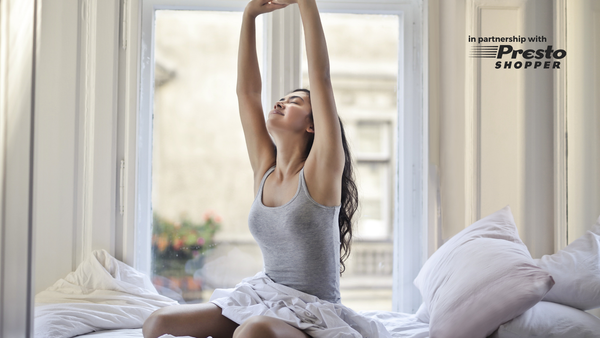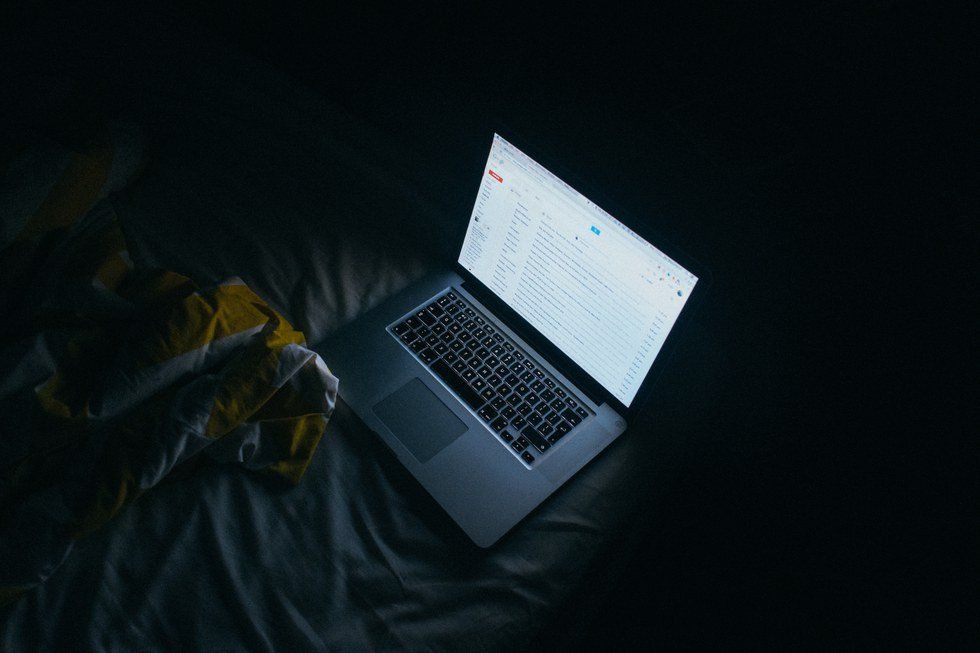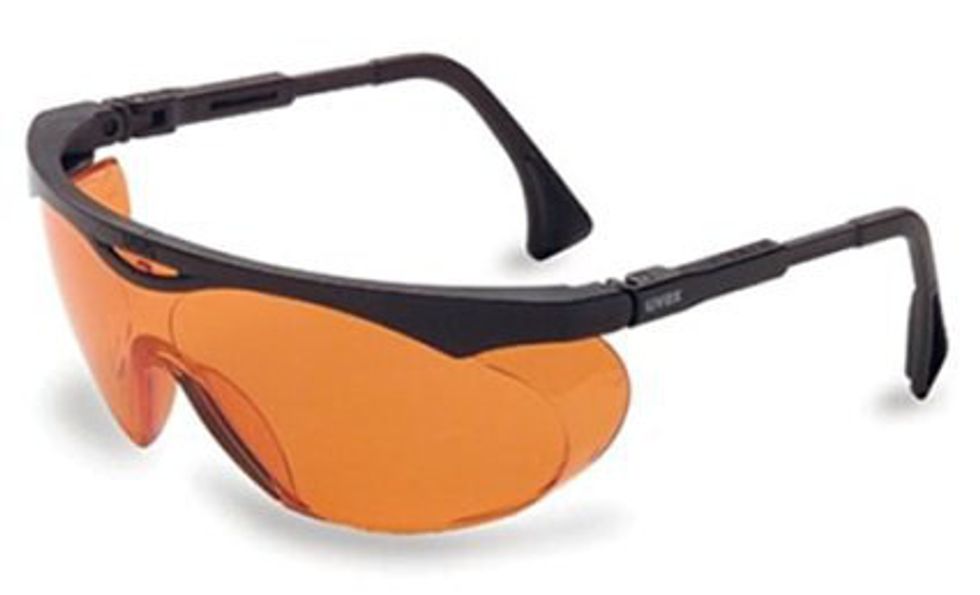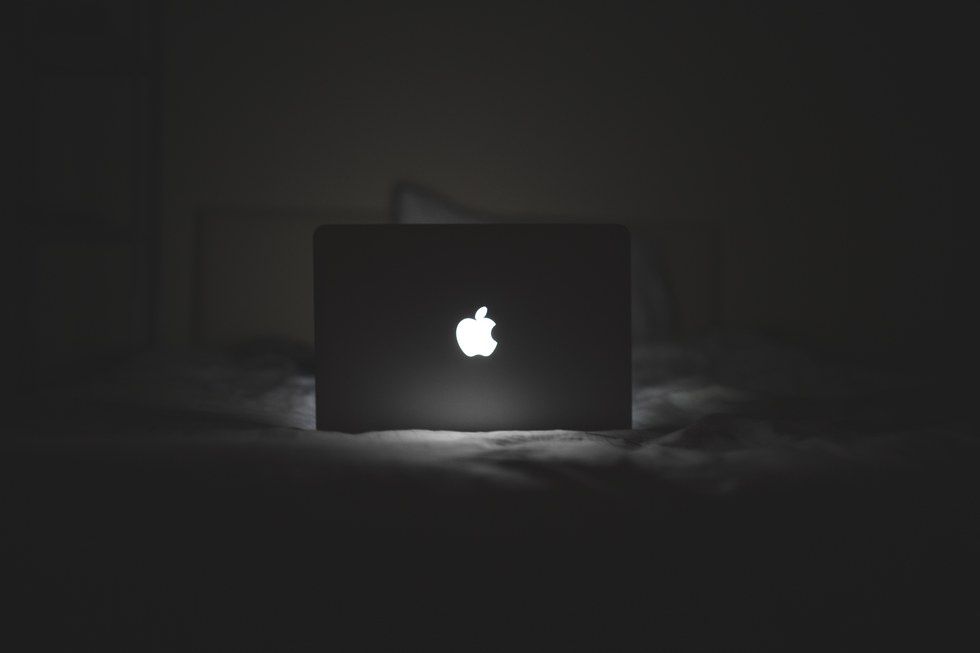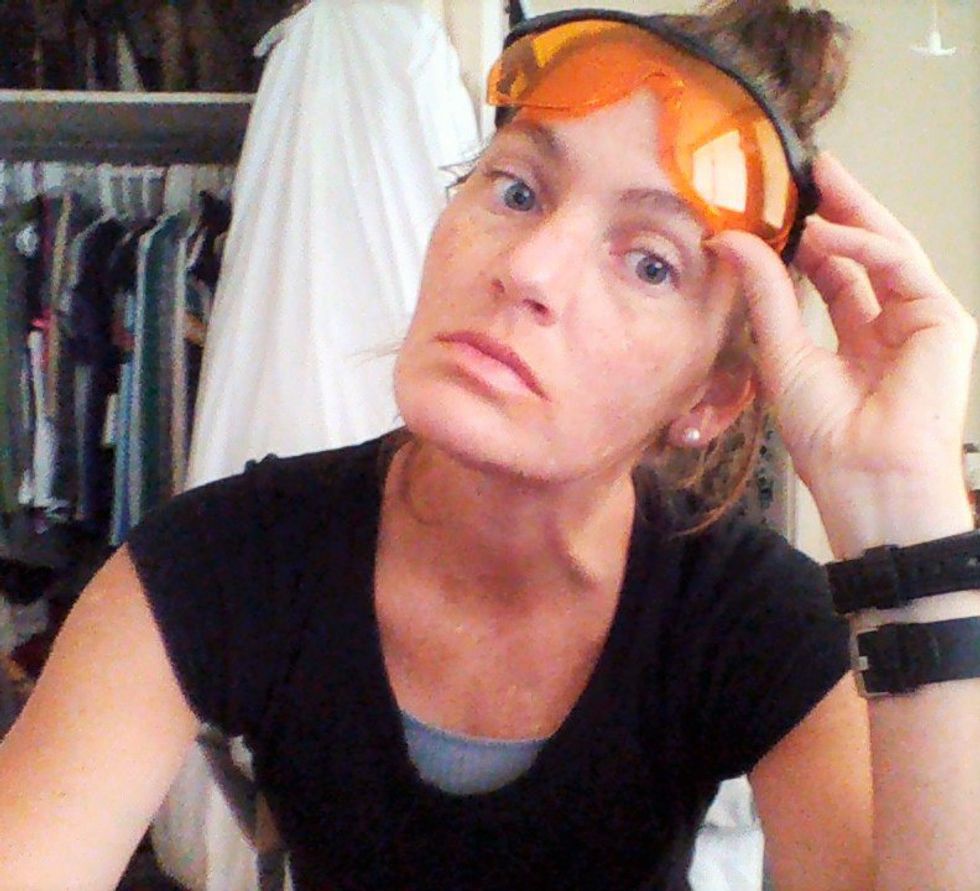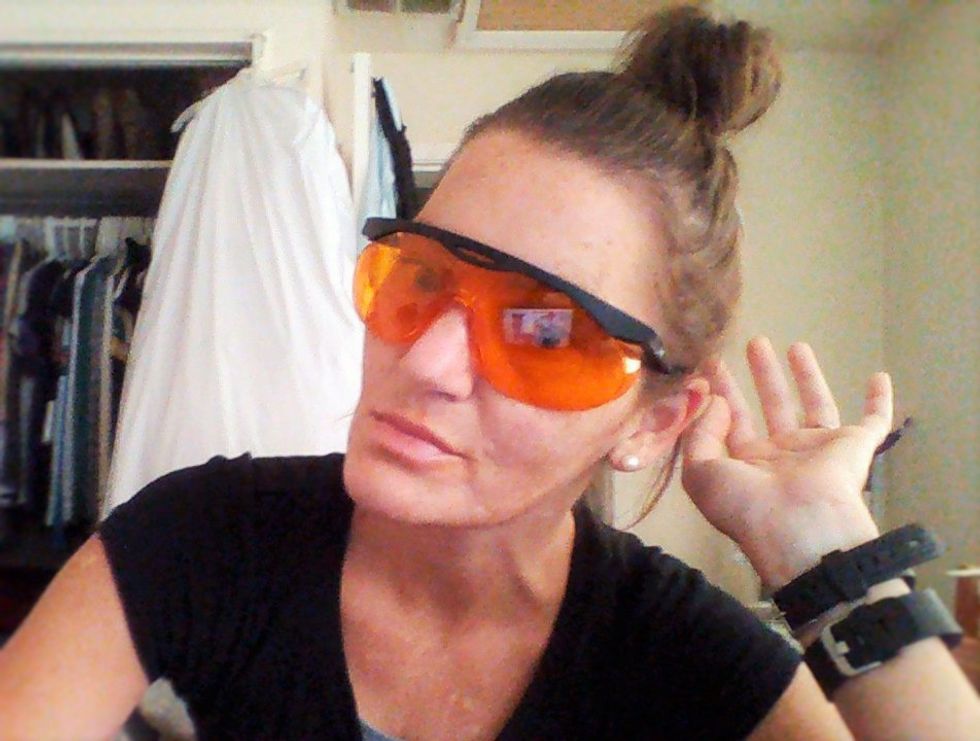It's no secret that I have a sleep cycle that's perpetually in flux. Days with no sleep aren't uncommon, but neither are days comprised of sleep and only sleep. My bipolar disorder is the conductor of its rhythm and, although I try to maintain a traditional schedule, my neurological pathways beg to differ.
I blog about the challenges of finding balance often. I know that the disruption of natural biological rhythm contributes towards aggravating my bipolar symptoms. Insomnia reinforces or creates states of hypomania, mania, or a mixed episode. Oversleeping and depression are correlated. I know this. And it's not just how many or how few hours I spend sleeping. It's when I'm sleeping. And for the better part of the last year, when I did sleep, my body has desperately wanted to sleep through the day and be awake during the night, all night. I've been totally mixed up.
Let's say I began with a state of something akin to alert wakefulness somewhere in the afternoon hour. I'd exercise, do chores around my house, get a ton of writing done, eat meals around the times that a person would if the p.m. were actually a.m. and vice versa. I'd get so much done, in fact, that I'd keep working and keep working through to the next day. But instead of going to sleep during what was "my nighttime", I'd still be awake because, of course, the sun was out now. So by the next day, a little bit of hypomania kicks in, but I've got no idea, because, you see, I'm getting so much done!
At this point in my sleep-wake cycle, I'm not paying any attention whatsoever, because (according to what I think at the time) I'm producing the most articulate and comprehensible delight for which any editor in their right mind would be champing at the bit! Only, I'm not in my right mind, just my
Fortunately, because of my medication-mainly the mood stabilizer and antipsychotic medication-I'm prevented from escalating into full-blown mania, or worse, a mixed episode. I don't know how many days pass like this. Not many because I'm Ultradian Rapid Cycling.
And then.
Like a bolt of lightning. There is nothing. There is fear. There
And I collapse in sleep and hide for days because life is horrible. I am horrible.
According to a recent article in Newsweek, if you have bipolar disorder, depression, or insomnia for any other reason it could help to wear amber-tinted glasses after the sun has set.
The idea is that the orange shades block blue light, a major component of sunlight, which the body uses to control our biological clock's internal sense of time and other important functions. So the article goes on to say that's why exposure to the morning sun, and that blue light, is good for "resetting" your internal clock if you have jet lag. And it's why the absence of the blue light-- a.k.a. darkness-- is the brain and body's cue to get ready for sleep.
My bipolar disorder was not copied on this memo, so I've been trying to retrain my brain and "normalize" the sleep cycle disturbance as best as I can.
One thing that the article suggested was a hindrance for many people was exposure to the blue light given off by electronics before sleep. I don't own a Smart Phone and I don't do a great deal of show watching, but I am working in front of (but mostly staring at) my computer screen until I fall asleep. If this blue light theory holds true, then this habit cannot be advantageous toward my traditional sleep cycle goal.
To combat this proclivity, I am going to start wearing glasses with the amber-tinted lenses from dusk until I go to sleep at night. As a matter of fact, I'm wearing them now as I type this blog post! I just took a couple of pictures. They aren't so bad. Maybe a little annoying. I was all for trying this method for managing my moods in combination with my other forms of therapy, as this has little risk or potential for side effects.
I'm pretty much tapped out in regard to side effects these days.
After wearing them while typing this on my computer screen for about twenty minutes (yes, I'm a hunt and peck typist), I took them off for a moment to look at the screen, and it was, in fact, incredibly blue to my eyes! The study which the article referenced had outstanding results with no changes to psychotropic medications.
In a small Norwegian study of 23 people hospitalized for bipolar disorder, scientists assigned 12 to wear “blue-blocking” amber glasses for one week, and 11 not to...
The paper found an enormous difference between the two groups. Those wearing the amber-tinted glasses for only one week scored on average 14 points lower on a test used to measure mania known as the Young Mania Rating Scale. That’s more than twice what doctors consider to be a “clinically significant difference” and is a “remarkably high effect size,” according to a commentary accompanying the study, both of which were published in the journal Bipolar Disorders. Improvements were noticeable after only three nights of wearing the sunglasses.
I'm interested to see how it turns out. They have them from Amazon if you're interested in trying this out along with me. I'm not expecting any difference after the first few nights, but maybe after a week or so my sleep schedule will improve. I will be sure to let you know. In the meantime. I'll be wearing my sunglasses at night, so I can, so I can sleep.
Corey Hart here has a multitude of reasons why he wears sunglasses at night:


